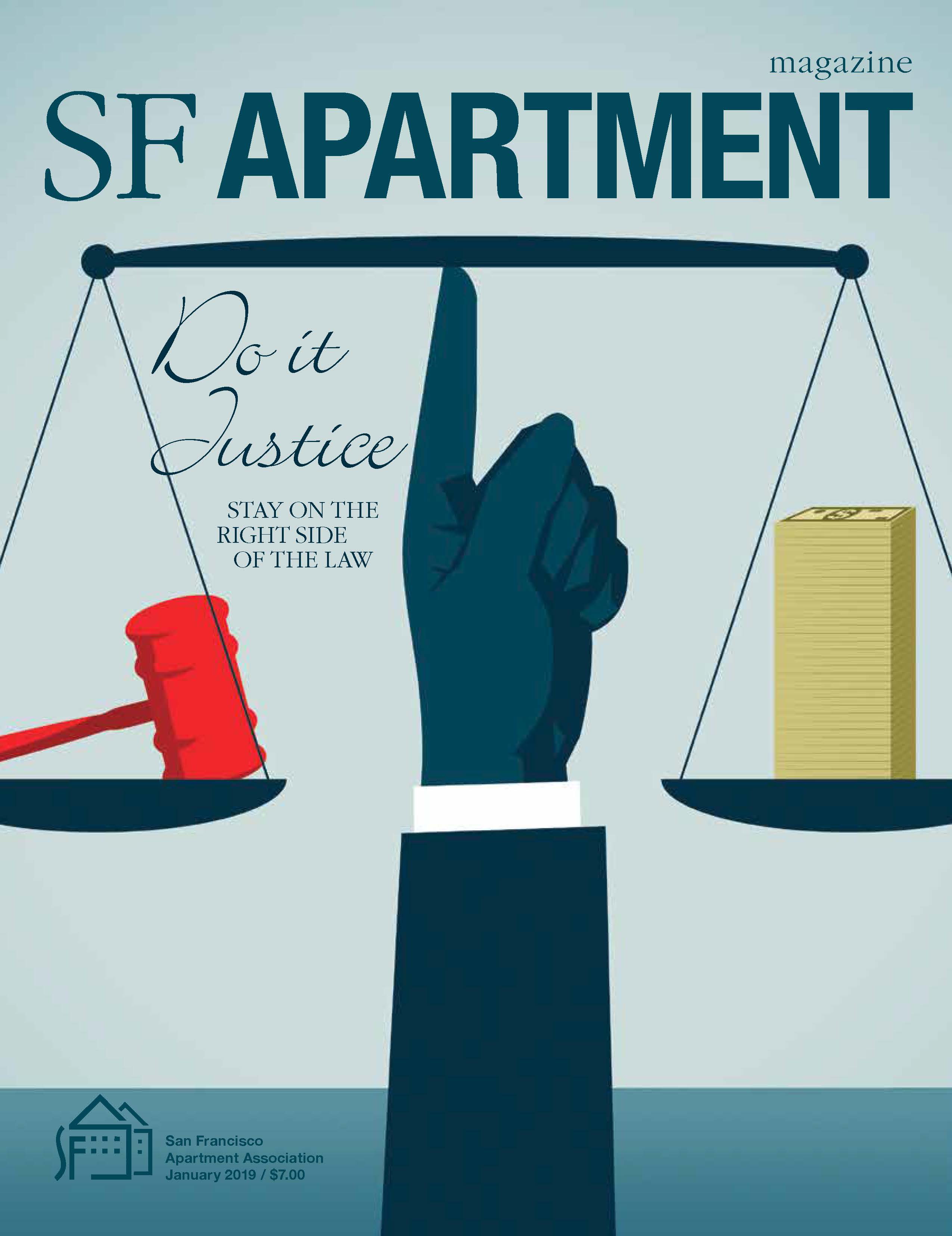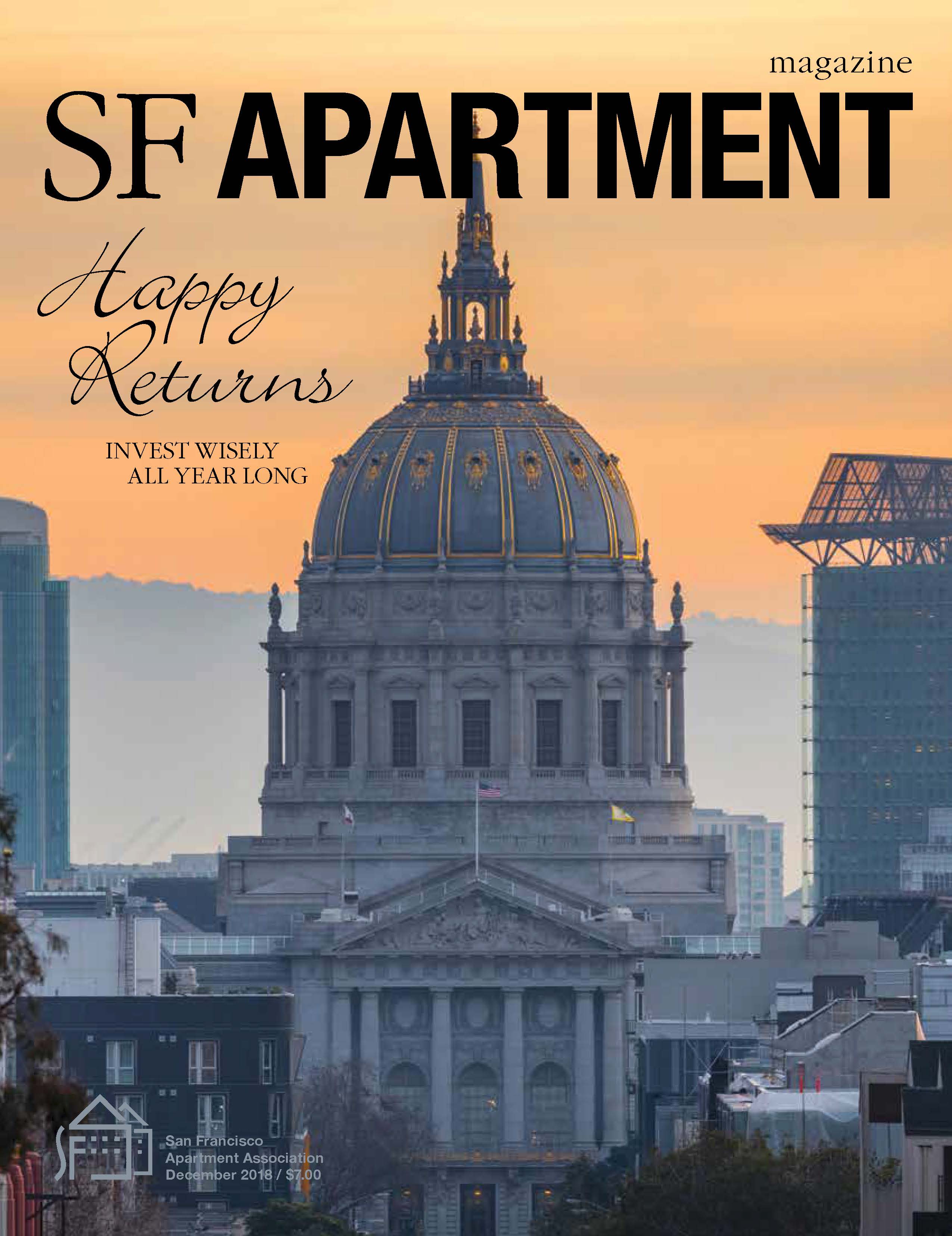A. How Do I Lawfully Access My Tenant’s Unit?
Q. Even though this is your building, as soon as you lease it to your tenant, you confer a “right of exclusive possession” against you and the world. This right is not absolute, and you can access under certain circumstances. But it is important to understand the laws governing access to avoid interfering your tenant’s rights. Even at the state level, a landlord may not abuse the right of access or use it to harass the tenant. But there may also be enhanced penalties at the local level (e.g., abusing the right of entry is among San Francisco’s definitions of “tenant harassment”, which can lead to misdemeanor penalties and other potential liability.)
First, a landlord should only enter with proper notice (or express consent of a tenant). This notice should be in writing and should provide “reasonable notice”, which Civil Code §1954 defines as six days by mail, or 24 hours if you hand the notice to your tenant (or someone else at the rental unit) or leave it under the door.
A landlord can only enter for the right reasons. Section 1954 lists the following:
(1) In case of emergency.
(2) To make necessary or agreed repairs, decorations, alterations or improvements, supply necessary or agreed services, or exhibit the dwelling unit to prospective or actual purchasers, mortgagees, tenants, workers, or contractors or to make an inspection pursuant to subdivision (f) of Section 1950.5.
(3) When the tenant has abandoned or surrendered the premises.
(4) Pursuant to court order.
(5) For the purposes set forth in Chapter 2.5 (commencing with Section 1954.201) (relating to access for water utility submeters located inside the tenant’s unit);
(6) To comply with the provisions of Article 2.2 (commencing with Section 17973) of Chapter 5 of Part 1.5 of Division 13 of the Health and Safety Code (referring to balcony and deck inspection)
Finally, a landlord should only notice the entry during “normal business hours” – something Section 1954 doesn’t define. There are very few cases interpreting this statute in general, but a 2013 case – Dromy v. Lukovsky (2013) 219 Cal.App.4th 278 – took a pragmatic approach based on context. A landlord was allowed to access with his real estate agent on weekends, as those were conventional “business hours” for open houses.











